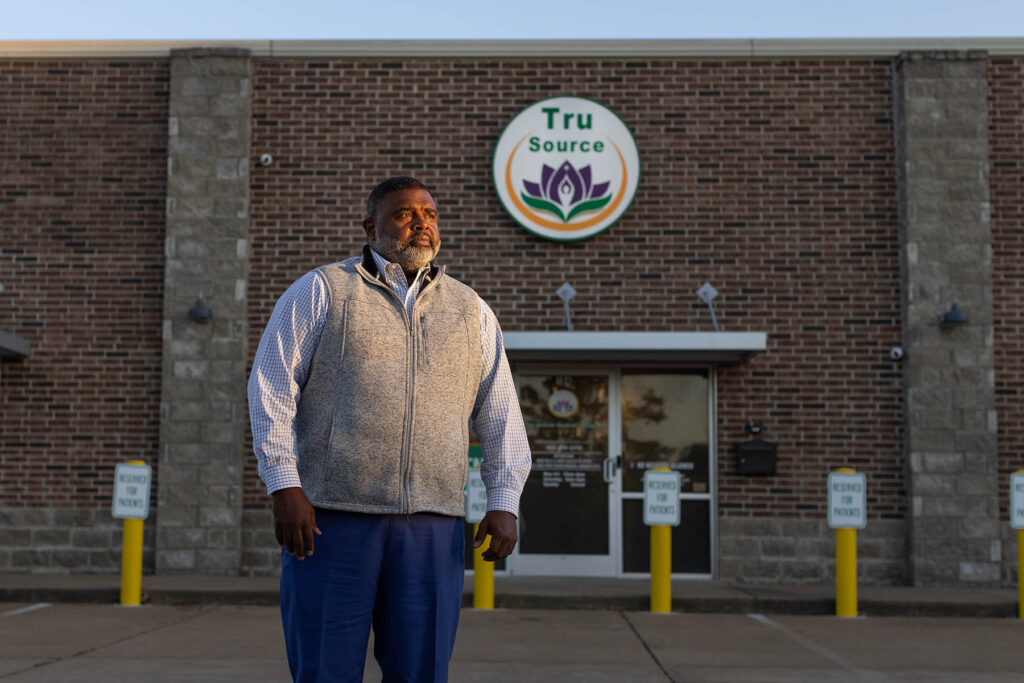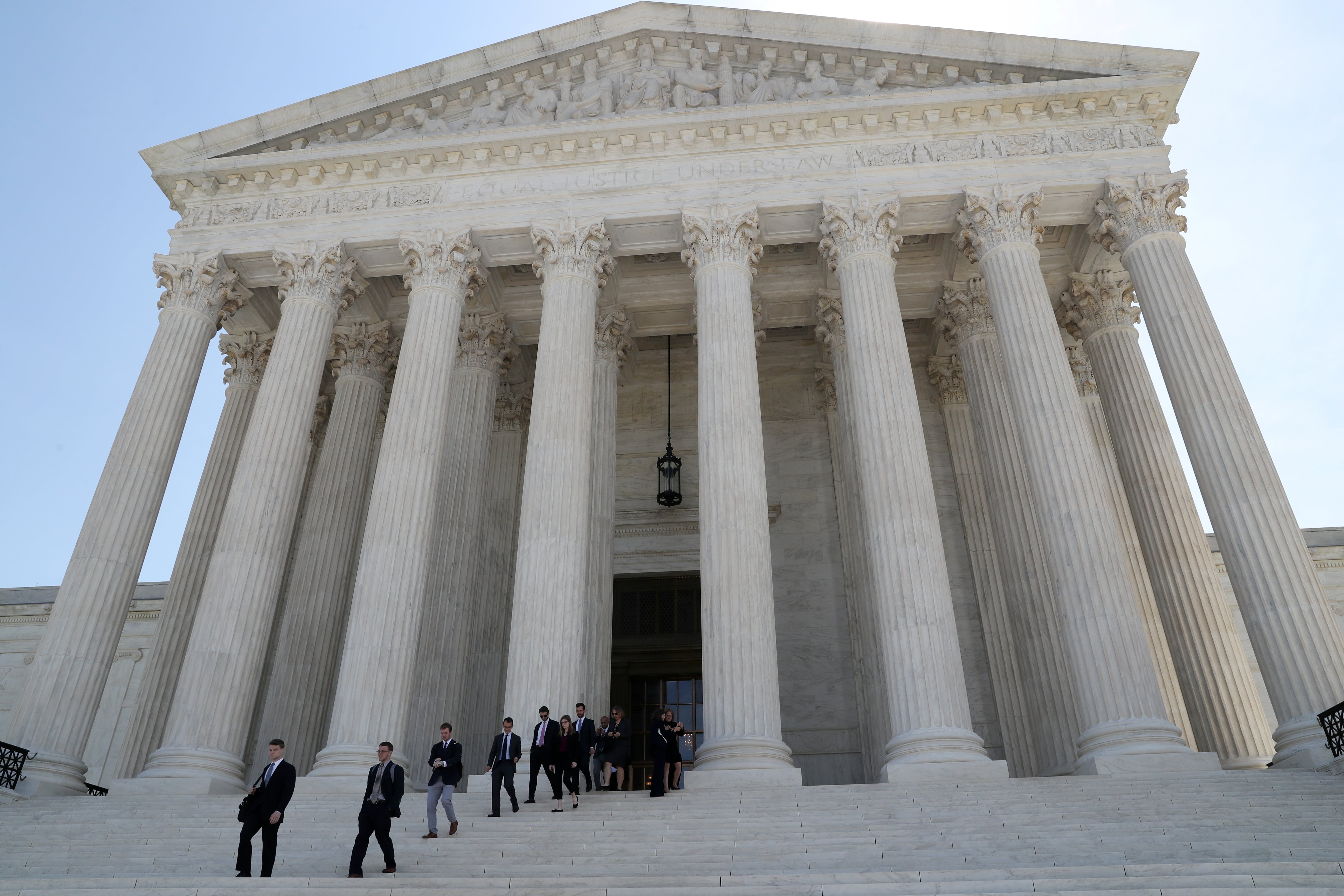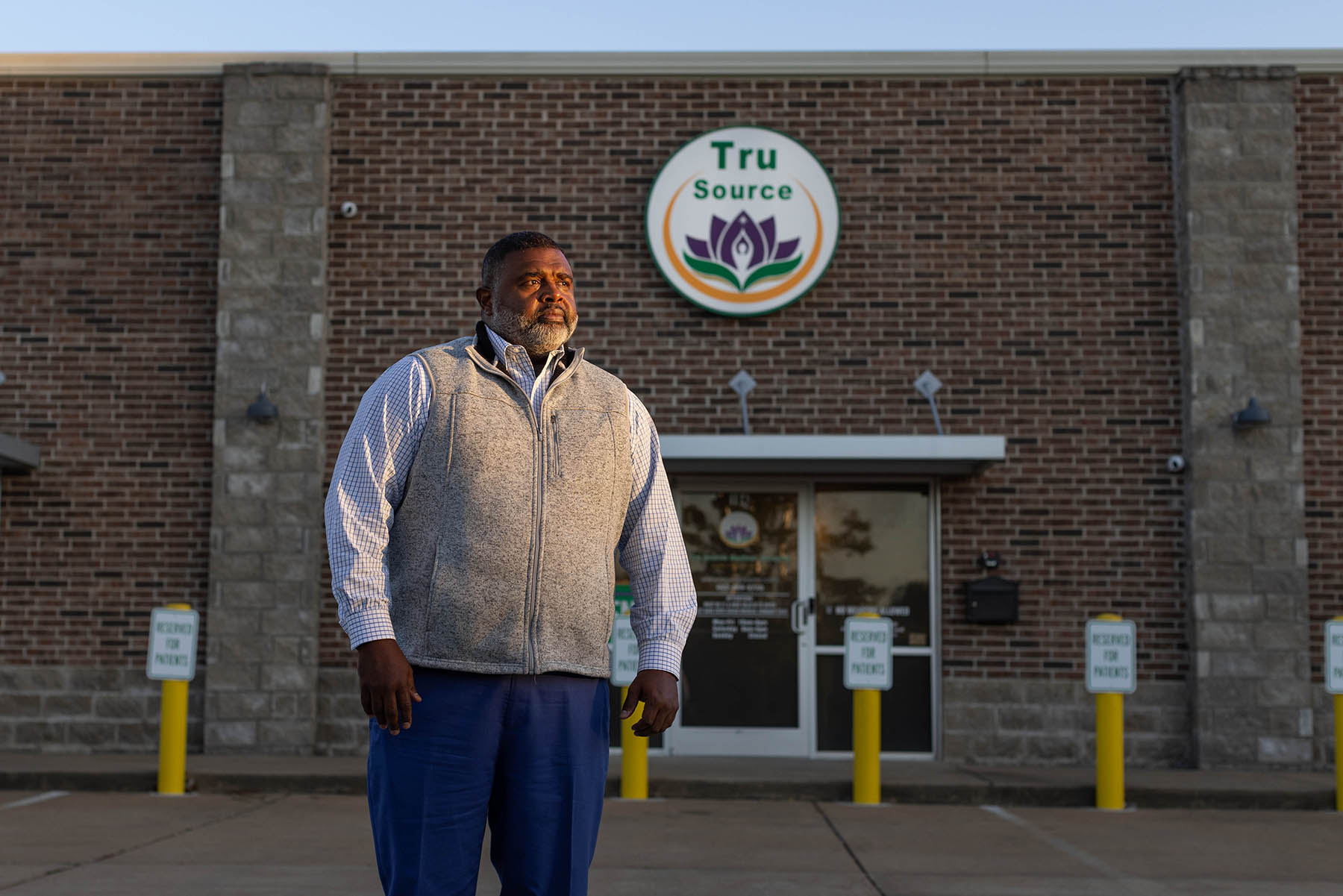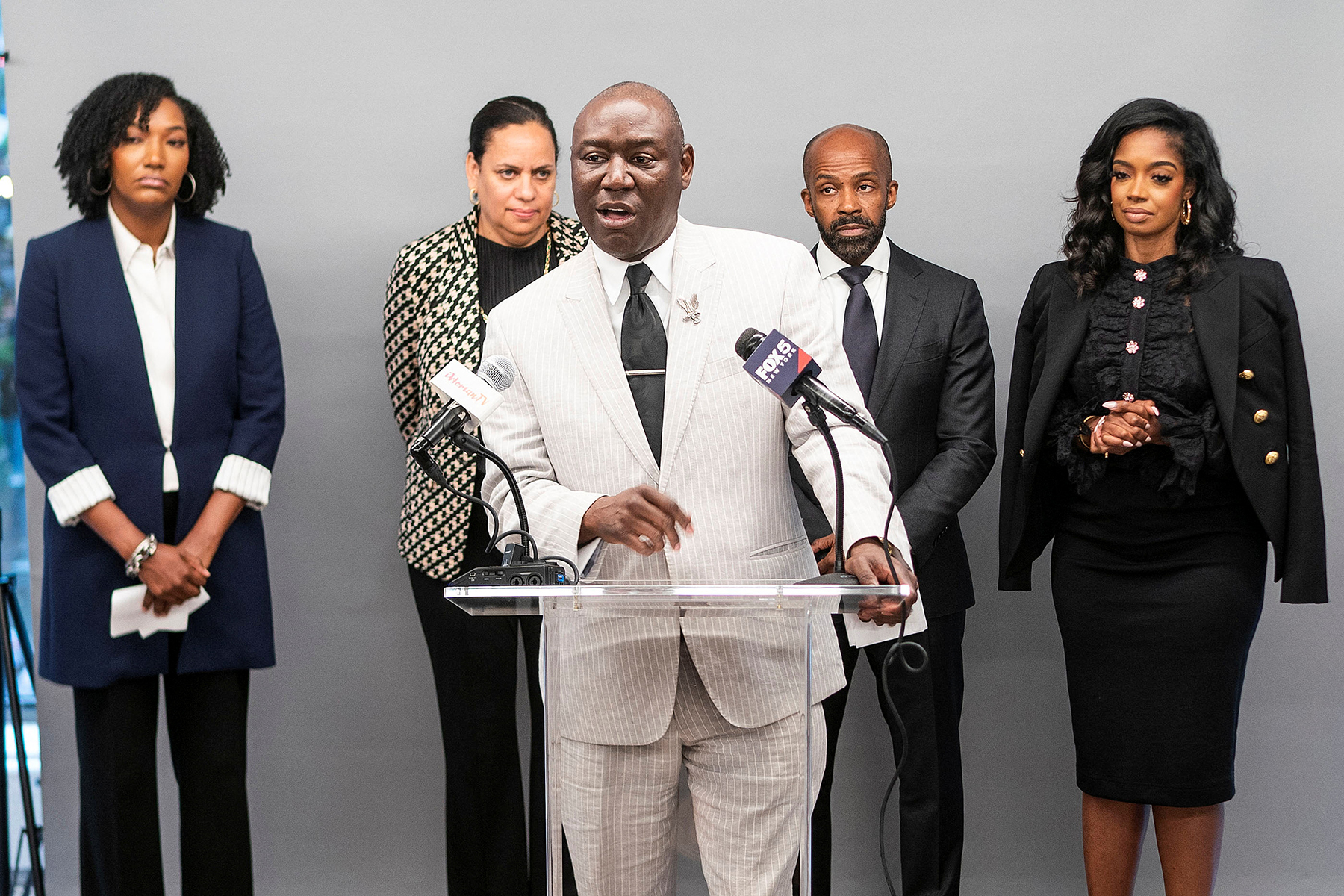JACKSON, Miss. (AP) — A federal judge has dismissed a lawsuit filed by the owner of a medical marijuana dispensary who sued Mississippi over state regulations that he says censor business owners by preventing them from advertising in most media.
In a Monday ruling, U.S. District Judge Michael P. Mills said he agreed with Mississippi’s argument that since the possession of marijuana remains illegal under federal law, it is not a “lawful activity,” and therefore does not enjoy the constitutional protections granted to some forms of commercial speech.
After Mississippi legalized medical marijuana for people with debilitating conditions in 2022, Clarence Cocroft II opened Tru Source Medical Cannabis in Olive Branch, Mississippi. But he says he has struggled to reach customers because the state has banned medical marijuana businesses from advertising in any media.
Mills said unraveling Mississippi’s restrictions on marijuana advertising would be a “drastic intrusion upon state sovereignty.”
“This is particularly true considering the fact that, by legalizing marijuana to any degree, the Mississippi Legislature has gone further than Congress itself has been willing to go,” Mills wrote. “In light of this fact, on what basis would a federal court tell the Mississippi Legislature that it was not entitled to dip its toe into the legalization of marijuana, but, instead, had to dive headfirst into it?”
In a statement Tuesday, Cocroft maintained that Mississippi’s regulations violate the First Amendment rights of businesses. He plans to appeal the decision to the 5th U.S. Circuit Court of Appeals.
“I’m prepared to fight this fight for as long as it takes,” Cocroft said. “This case is bigger than me and my dispensary – it is about defending the right of everyone to truthfully advertise their legal business in the cannabis industry.”
Cocroft, who is represented by the Institute for Justice, a nonprofit libertarian law firm, sued the state’s Department of Health, Department of Revenue and Alcoholic Beverage Control Bureau. Cocroft has said he cannot place ads in newspapers or magazines, on television or radio, or even on billboards that he already owns.
The state cannot prevent dispensaries from placing “appropriate signs” on their properties or displaying products they sell on their websites. All other advertising restrictions are up to the state Health Department, which prohibits dispensaries from advertising or marketing “in any media.” Those regulations are unconstitutional, Cocroft’s attorneys argue.
“When Mississippi legalized medical marijuana, it relinquished its power to censor speech by medical marijuana businesses,” said Ari Bargil, an Institute for Justice attorney. “If a product is legal to sell, then it is legal to talk about selling it.”
While President Joe Biden pardoned thousands of people who were convicted of use and simple possession of marijuana on federal lands, marijuana remains a controlled substance under federal law. As long as marijuana remains illegal under federal law, states have leeway to regulate how the substance is advertised, Mills ruled.
“Plaintiffs thus argue that Congress and President Biden have ‘all but’ made the possession of marijuana lawful, which strikes this court as a tacit admission that it still remains illegal under federal law,” Mills wrote.
Tags




